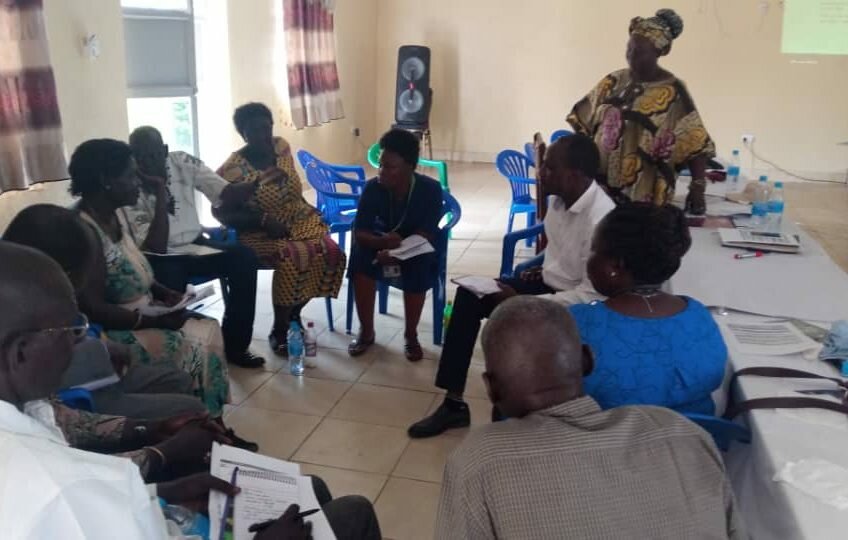It is estimated that 7.1 million people in South Sudan will require some kind of humanitarian or development assistance in 2019, with 5.7 million of these people in need of food and livelihood support. To deal with increasing humanitarian needs and build the resilience of communities, the Partnership for Resilience and Recovery (PfRR) in South Sudan was formed to bring a “new way of working” that shifts focus from “meeting needs” to “reducing needs, risks, and vulnerability.”
The PfRR in South Sudan consists of donors, UN entities, and non-governmental organizations (NGOs), and is an all-encompassing, unified approach to reduce vulnerability and build resilience through a multi-actor and cross-sector collaboration. The PfRR targets seven geographic areas of South Sudan: Yambio, Torit, Aweil, Wau, Rumbek, Bor and Yei, and builds on community-identified strengths and priorities, while tapping into the remarkable survival abilities of local populations.
As the lead learning partner, Africa Lead organized and co-facilitated a Joint Work Planning Workshop for the PfRR in Torit from September 9-16, 2019. The workshop was attended by 83 participants representing the UN entities, USAID, Netherlands Embassy, INGOs, LNGOs, local authorities, and traditional leaders within the greater Imatong State.
The objective of the workshop was to put the Torit Partnership Area Joint Programme Framework on Recovery and Resilience into operation, with a focus on the four partnership principles: coordination, collaboration, colocation, and commitment. This was done in line with the Torit Partnership Framework which places communities first and translates stakeholders’ aspirations for recovery and resilience into key priority results that can be delivered within 2019 – 2020. Participants also identified a set of shared key convergence results for 2019 that Torit-based development partners and local stakeholders can focus on to stop the growing trend of vulnerability, and increase the resilience capacities of individuals, households, and communities. Workshop sessions included structured group work, panel discussions, and plenary sessions which were designed to focus convergence efforts around the PfRR’s four pillar areas: (1) Re-establish access to basic services, (2) Rebuild trust in people and institutions, (3) Restore productive capacities, and (4) Nurture effective partnerships.
In her opening remarks, the Torit State Deputy Governor, Dr. Margaret Itto pledged her government’s support to the PfRR and acknowledged the important role that the convergence of efforts by local stakeholders and technical partners will play in building and enhancing the resilience in Torit and the greater Imatong region. “The PfRR is about partnership and coordination, and the only way our joint efforts will be possible is if we work together and share information,” she reminded partners.
Over the ten-day workshop the following items were accomplished: key results were agreed upon; a results framework and an implementation log frame were developed; and it was agreed that the Torit Reference Group, the Inclusive Champions group, and all other stakeholders will work to realize the PfRR pillars through convergence and coordination. As a follow-up to the workshop, participants will socialize and sensitize the community about resilience and recovery efforts
